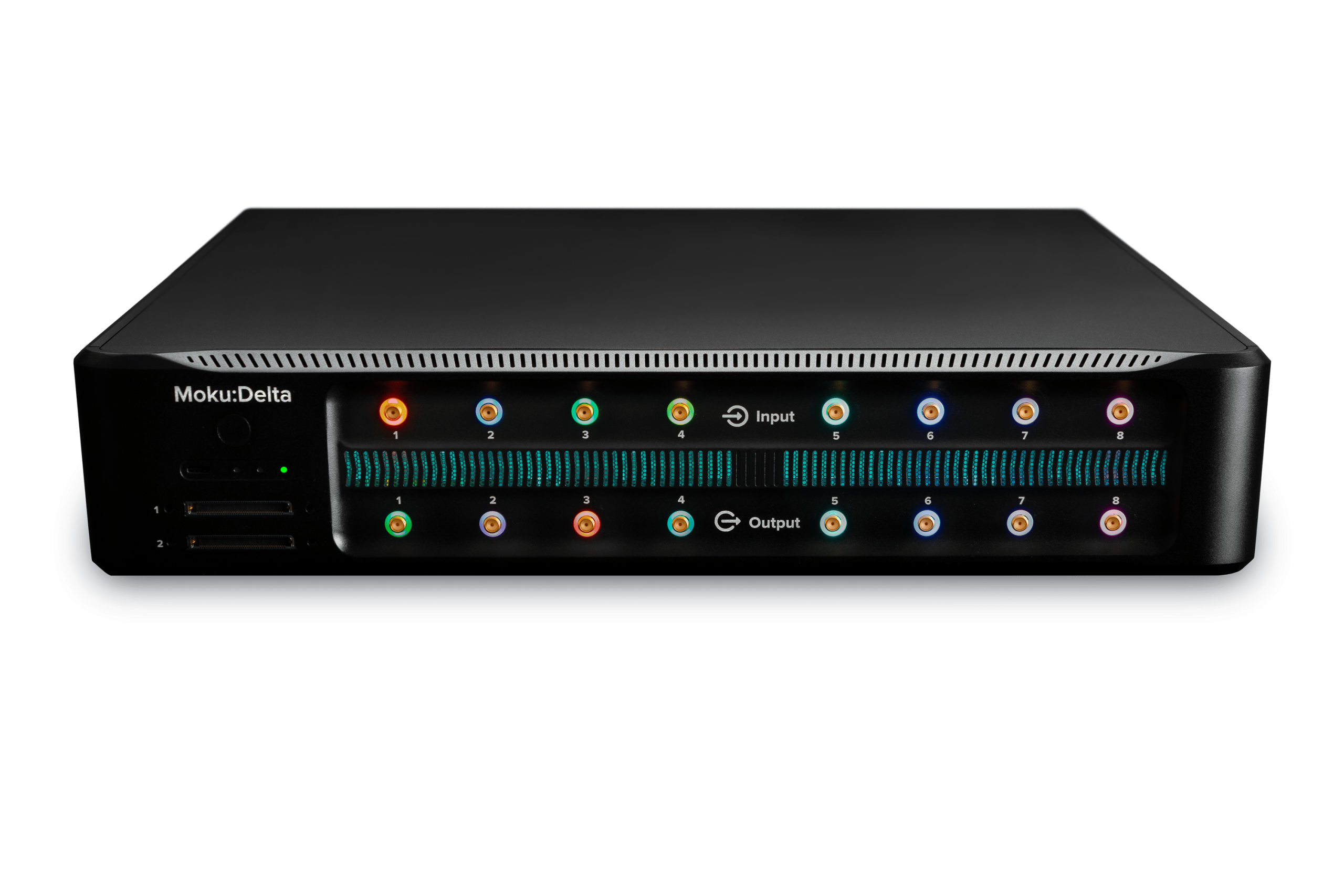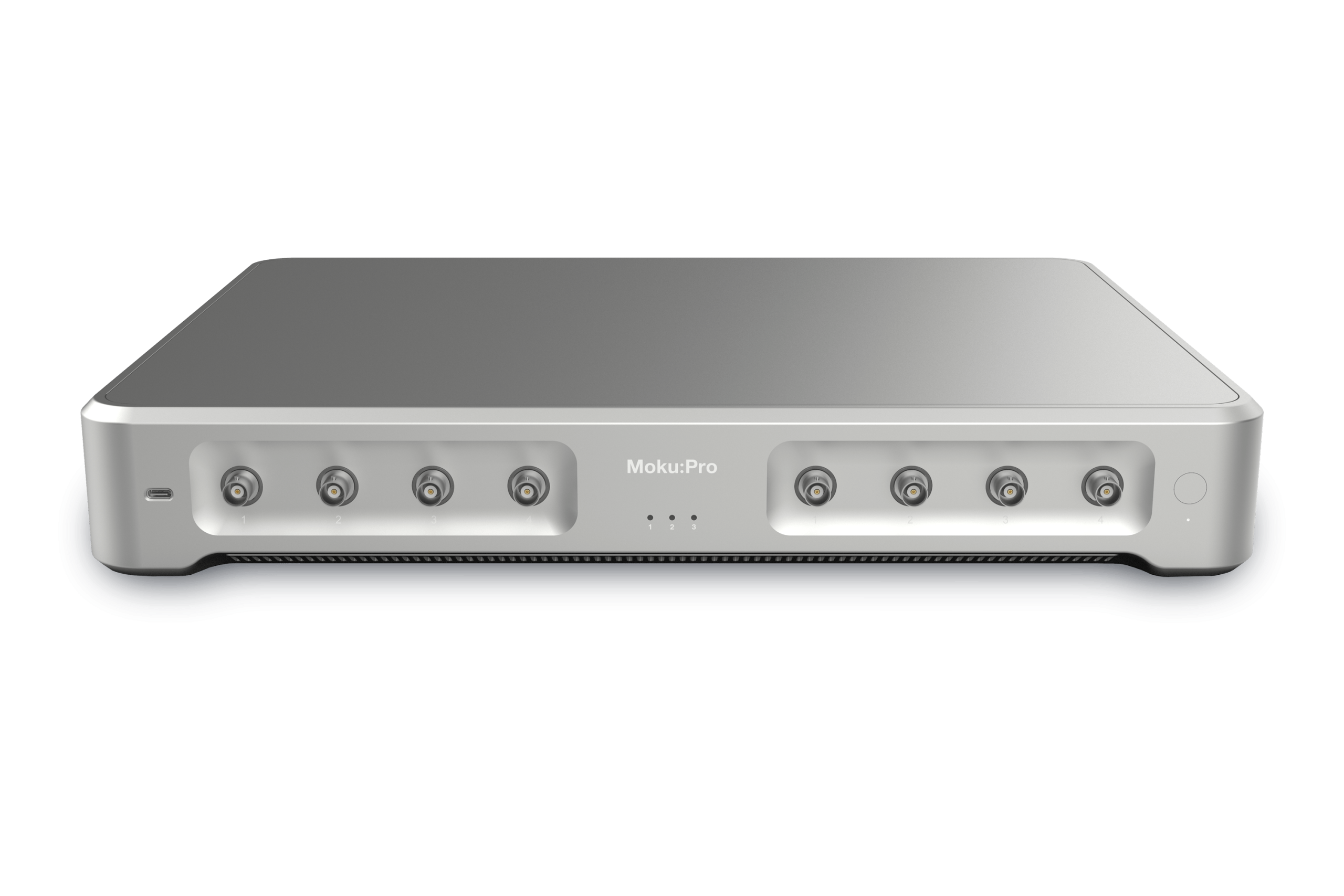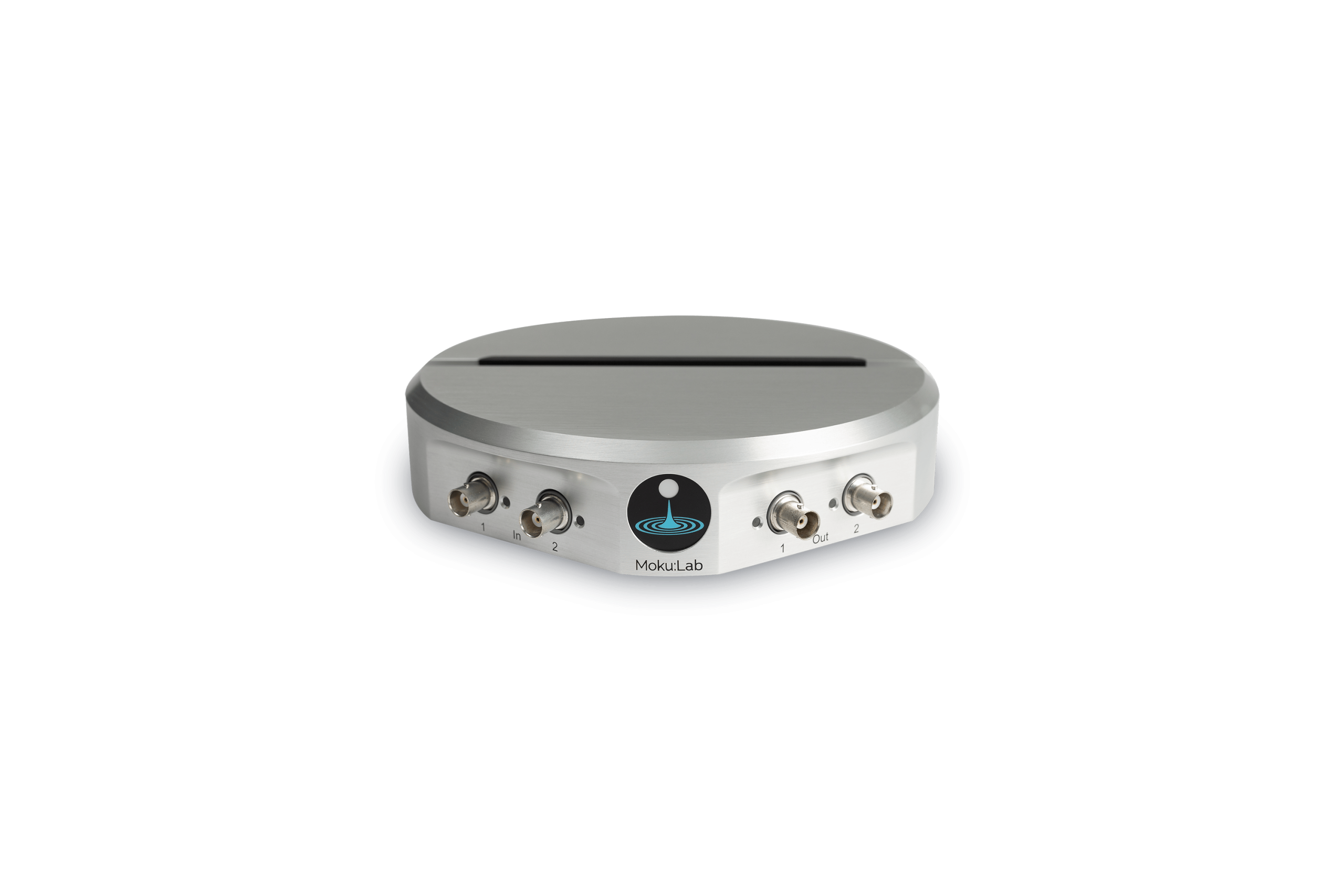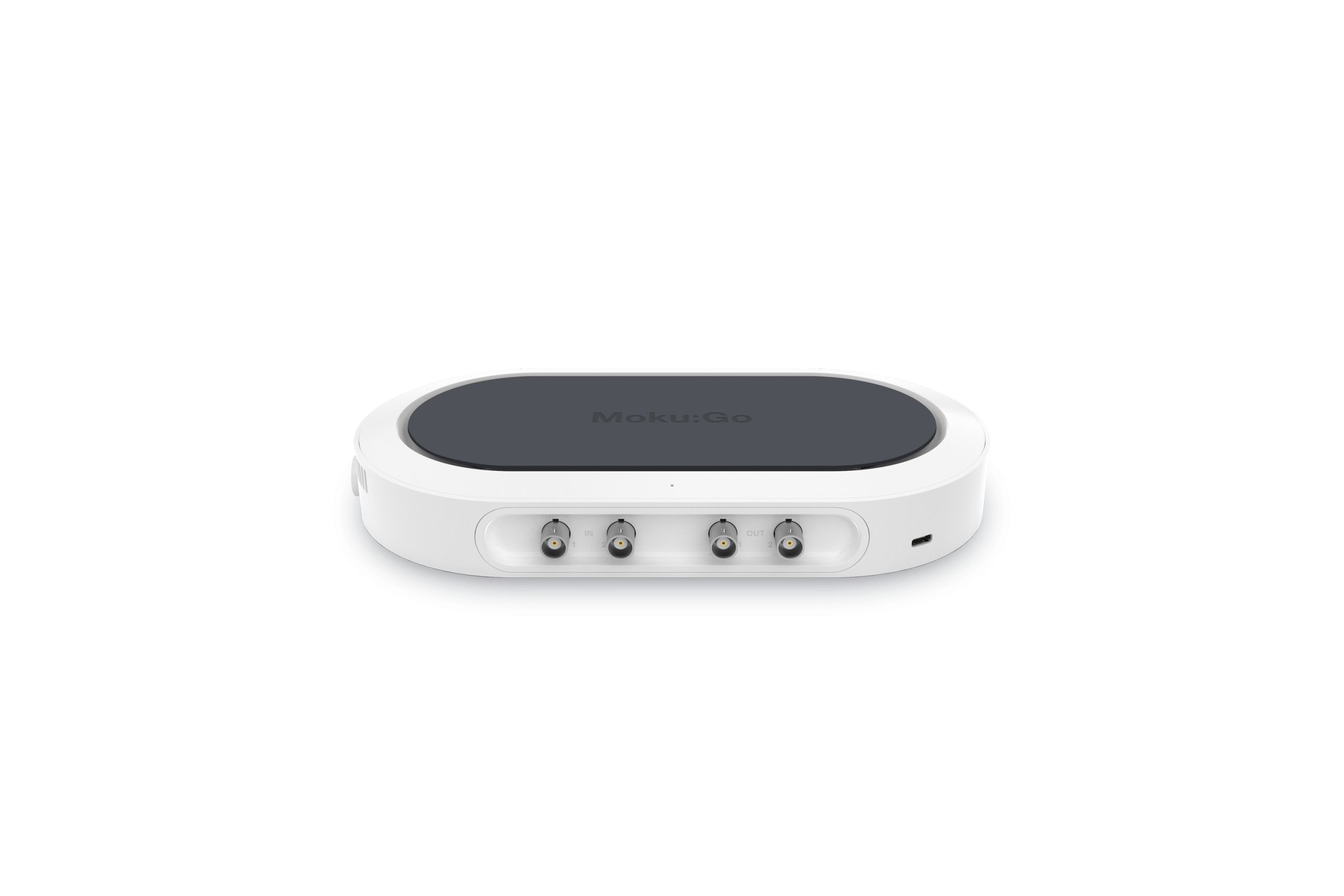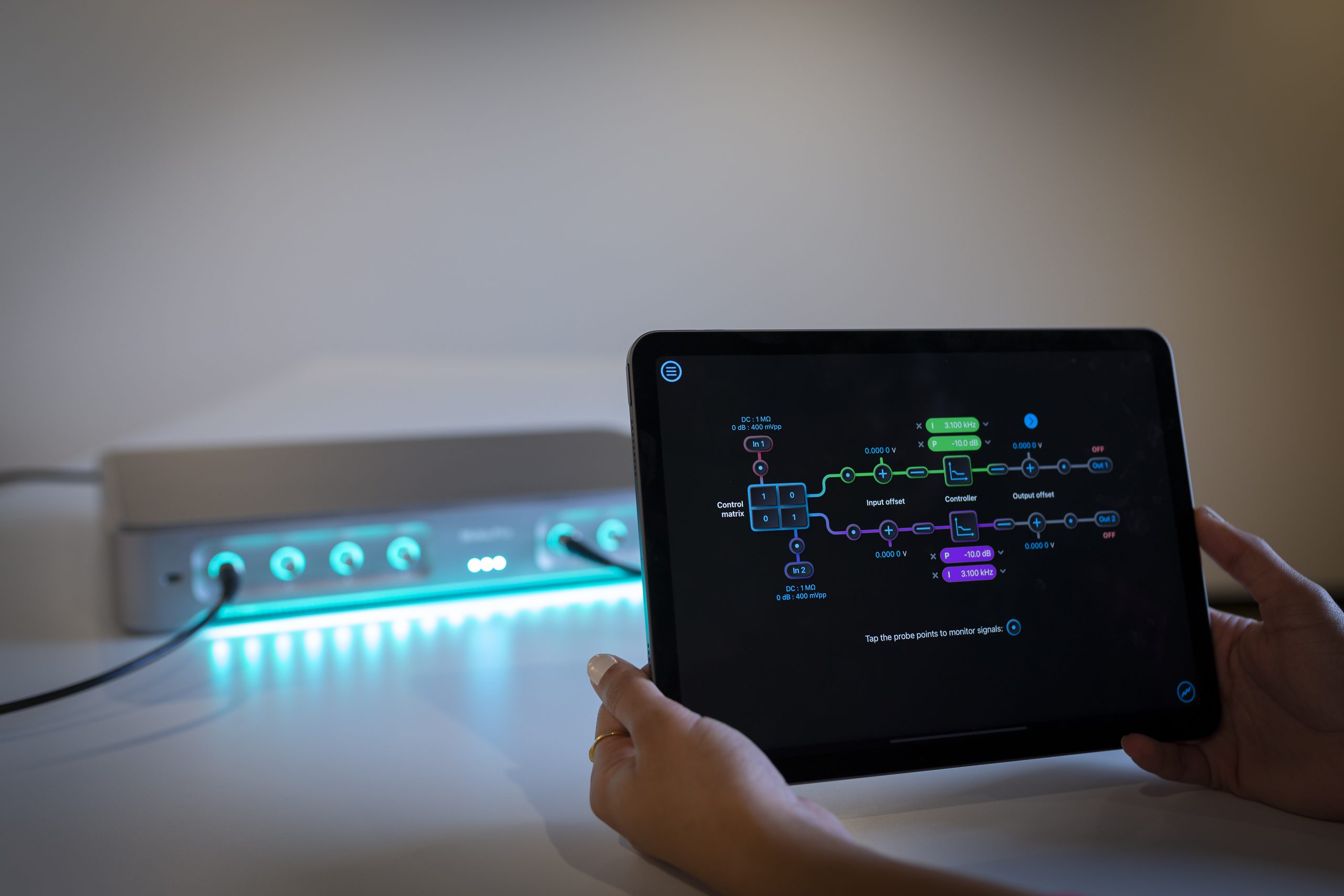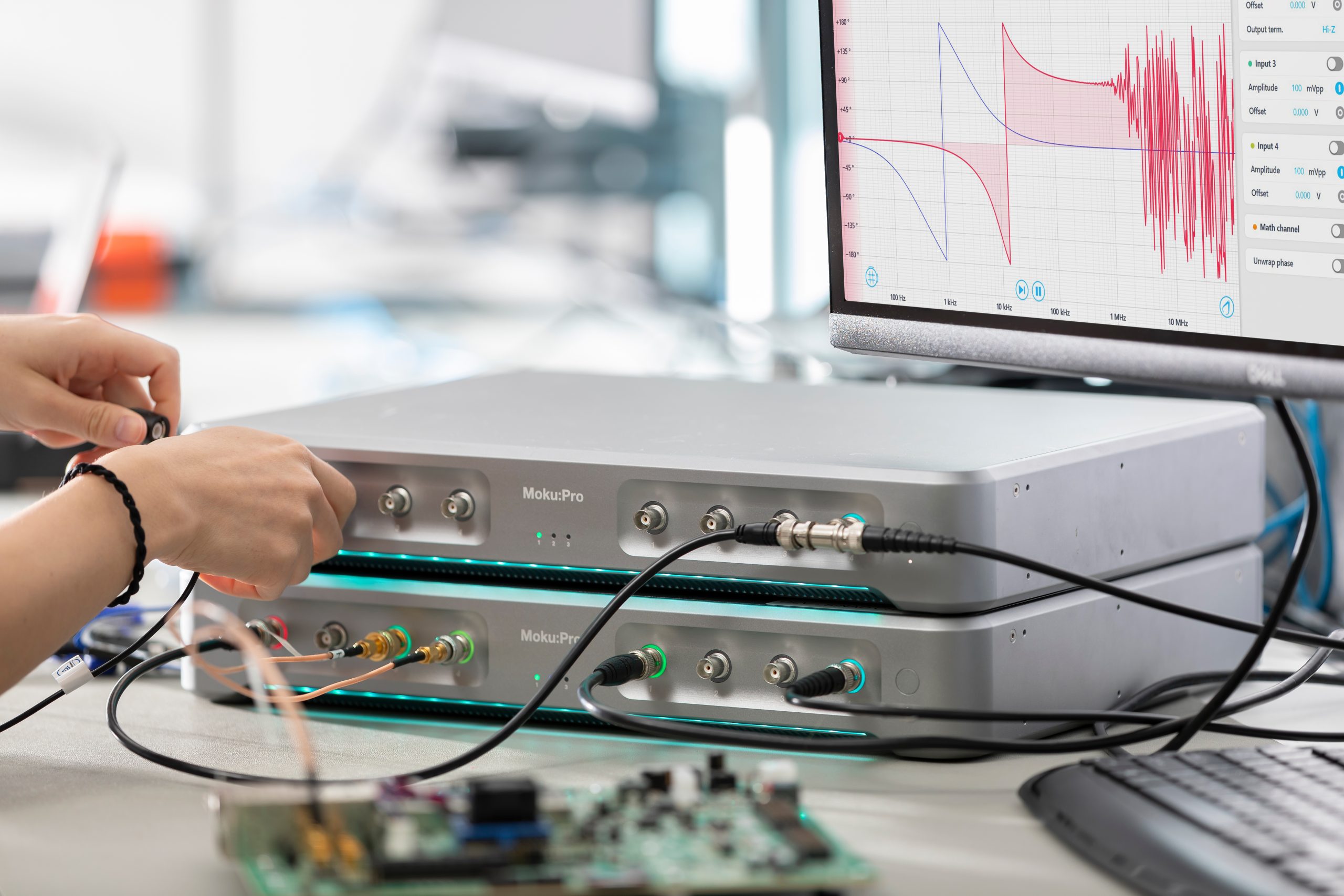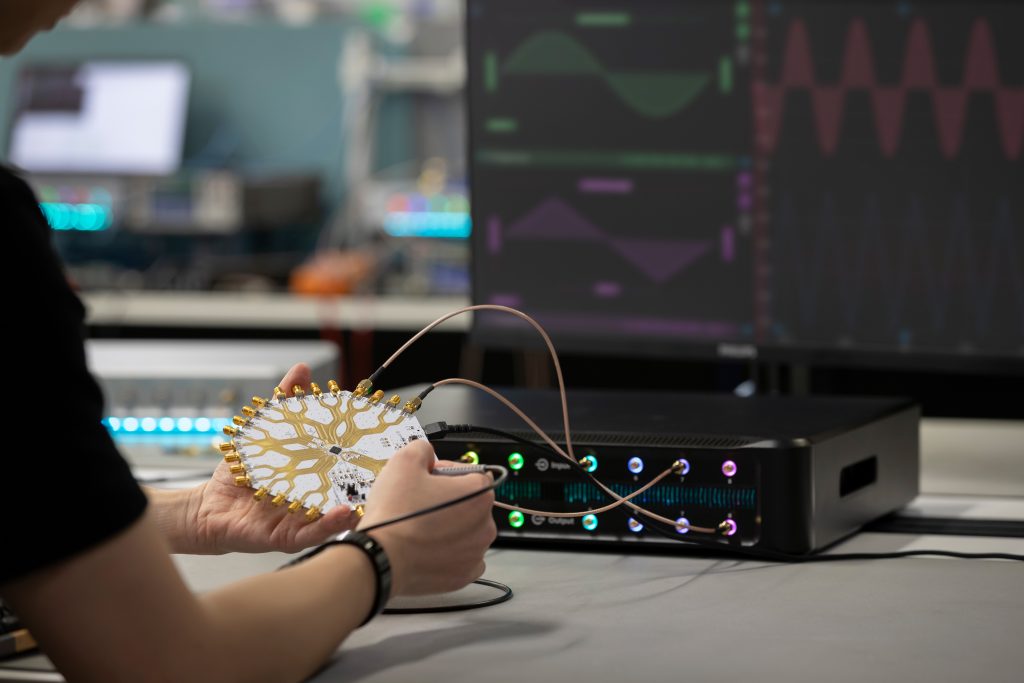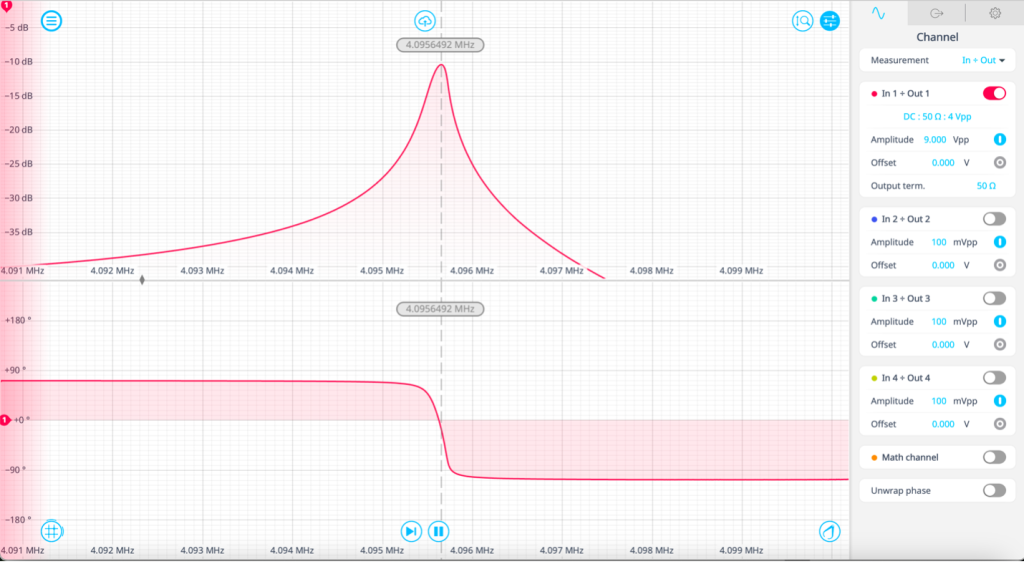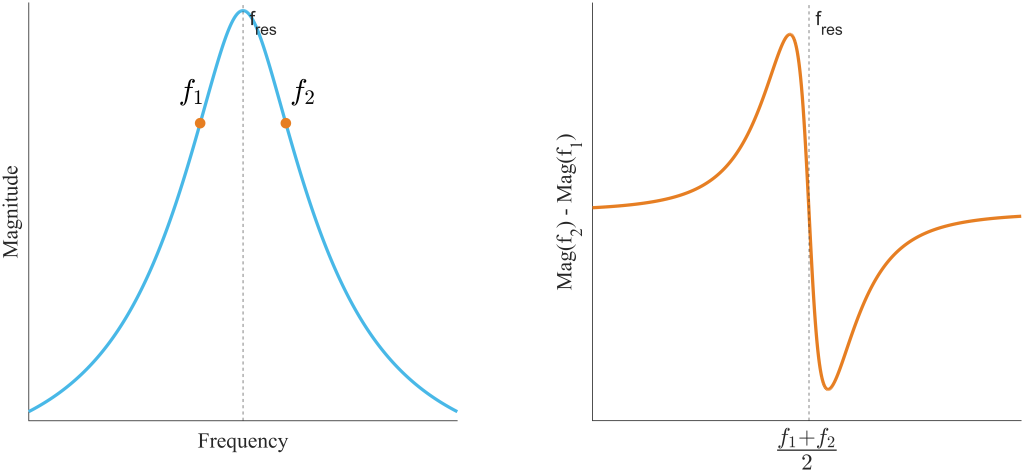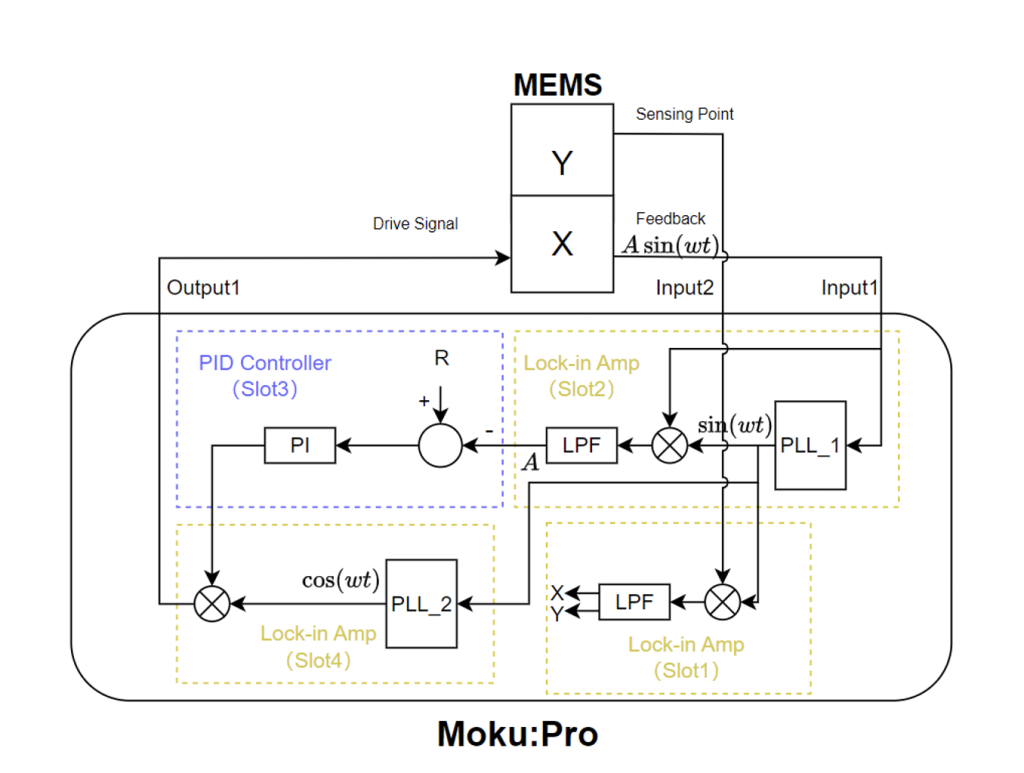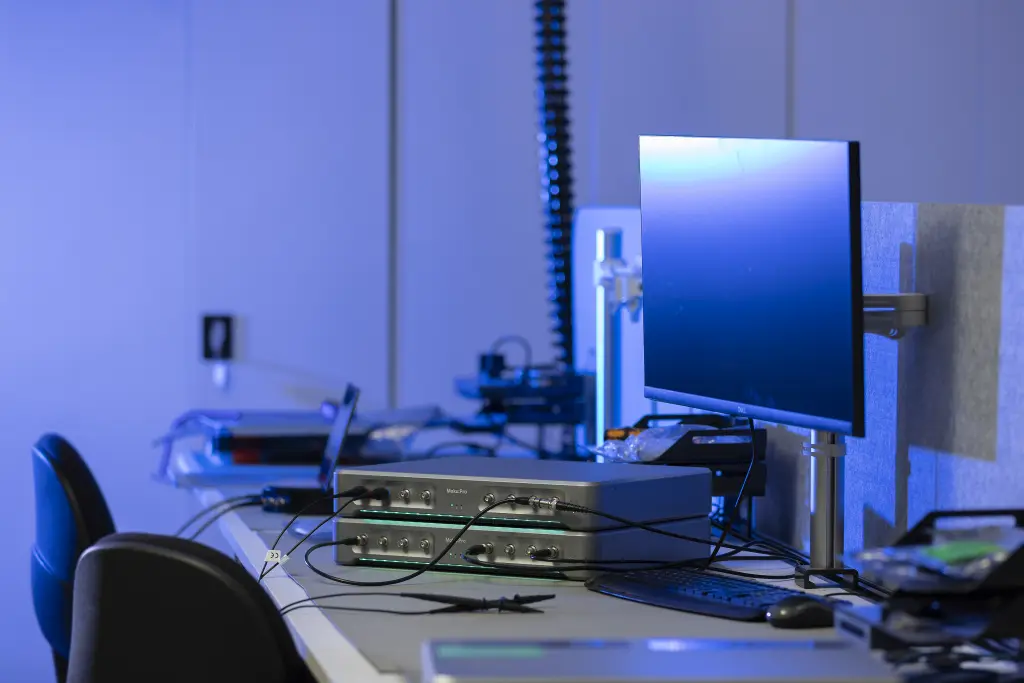One versatile platform
Microelectromechanical systems (MEMS) require painstaking testing and validation, but the right tools can assist with integration, design, and verification. Whether the MEMS device is optical, acoustic, or mechanical, Moku can help. From a Phasemeter and Lock-in Amplifier to common test essentials like an Oscilloscope, Spectrum Analyzer, and Waveform Generator, it’s easy to integrate custom test setups into your experiment.
